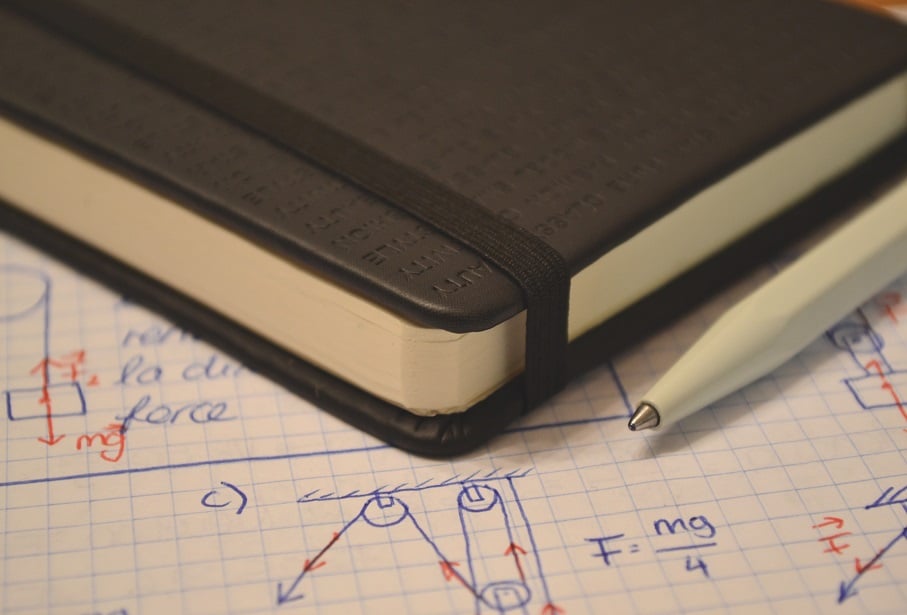
You cannot expect Singaporean students to be as excited about Physics as Einstein. However, you expect them to acquire what any normal student would in a Physics class. Unfortunately, this is not the case. Whether A-levels or O-levels, a number of students struggle to have the bare minimum grade in this subject.
In Physics, students find it extremely hard to memorize theories, principles, and grasp the laws of Physics. More importantly, they do not possess the skills to apply their theoretical knowledge into problem solving practice. Some students blame the teachers’ way of teaching; others blame the complex nature of the subject. The list is a bit longer but each student has his or her own set of excuses.
A closer look at the problem
Many students study Physics by the same principles of studying biology or chemistry, which is a great mistake. They start learning the complex concepts of Physics with the wrong approach. That is why they get quickly frustrated with the subject, especially if their low grades persist and show no apparent improvement. They have to be aware that Physics, unlike other subjects, is basically a conceptual subject.
To put it differently, it usually deals with abstract and immaterial side of the “matter”. Concepts like speed, counter reaction, gravity, acceleration, and other concepts of the sorts should be taught and learned with a different approach. It is not a memory game, but rather a thinking game. Close to solving a logic puzzle.
How to excel in Physics
Students, especially during exam periods, rush to memorize some theories and formulas thinking that it is the key to ace their tests. The real key is to deconstruct those theories, principles, and laws first in order to simplify and clarify them. I know it sounds feasible, but it is not that easy to master such a skill. A home tutor would most probably guide students to the right track.
You should think of Physics as a pyramid where each brick constitutes a vital component of the building as a whole entity. How solid and durable the pyramid is depends on how stable and suitable the bricks are. By analogy, many theories of Physics are built on a number of interlinked and intertwined concepts.
Hence, if students still find problems in some areas, they find themselves obliged to go back and review them. If they do not find a tutor next to them who would easily and quickly remind them of these knowledge gaps, they will find themselves frustrated or overwhelmed. In fact, this issue will keep presenting itself all along the learning process.
Another worth noting obstacle is the recurring use of Mathematics. As you probably know, solving problems in Physics requires a previous familiarity with some mathematical equations, and as Math teachers do not teach Physics per se and vice versa, students have to figure out how to solve those problems themselves. I hate to say it, but they sometimes come up with catastrophic answers.
I cannot stress it enough, but without a reliable home tutor, it would be almost impossible for Singaporean students to get higher grades in their tests. A home tutor would make sure that the chain of studying Physics is being properly and smoothly built by filling any missing conceptual gap. He or she would play the role of a mediator between Physics and Math. It is not possible for students to keep asking their Physics teacher about mathematical problems, and the same applies to Math teachers. These issues should be solved and answered on the spot when they are still fresh. Therefore, if you are a student or a parent who is concerned about your kid’s learning progress, I strongly recommend getting in touch with an effective and reliable tuition agency that has highly qualified Physics tutors that you can engage.
